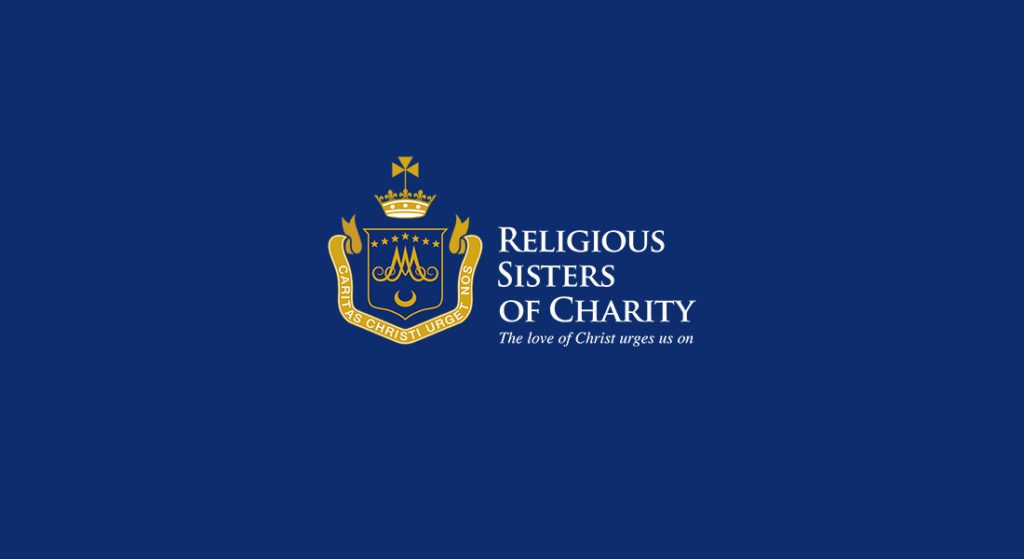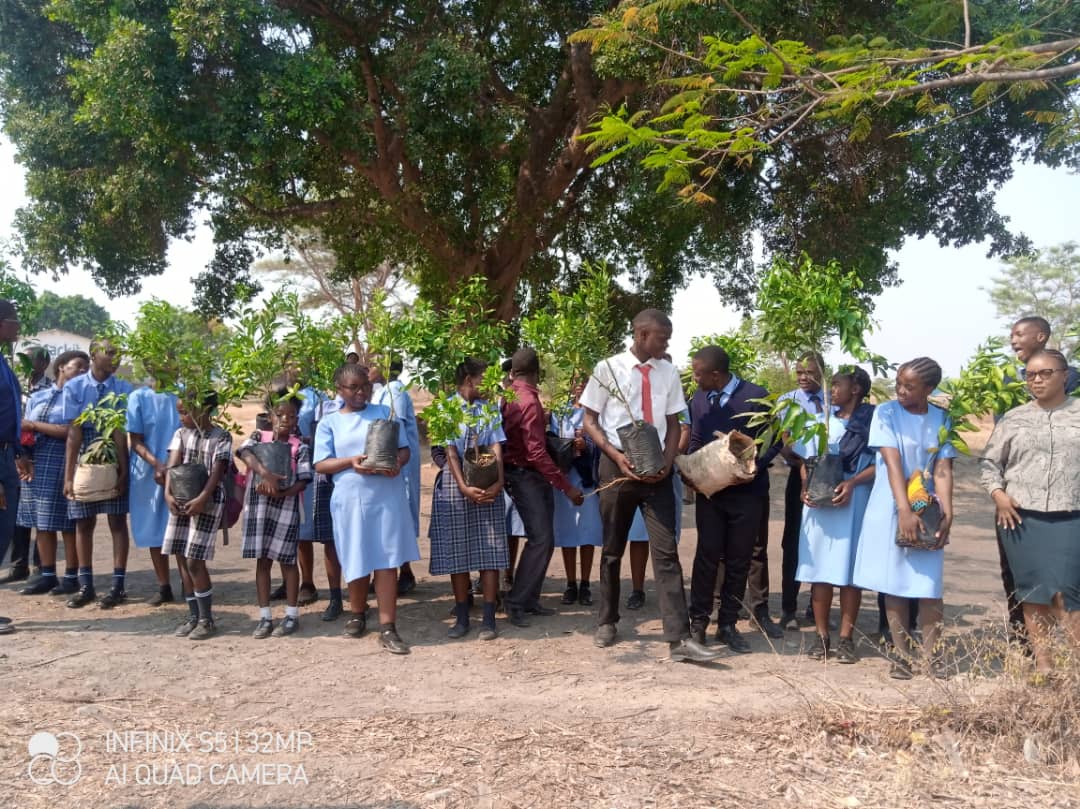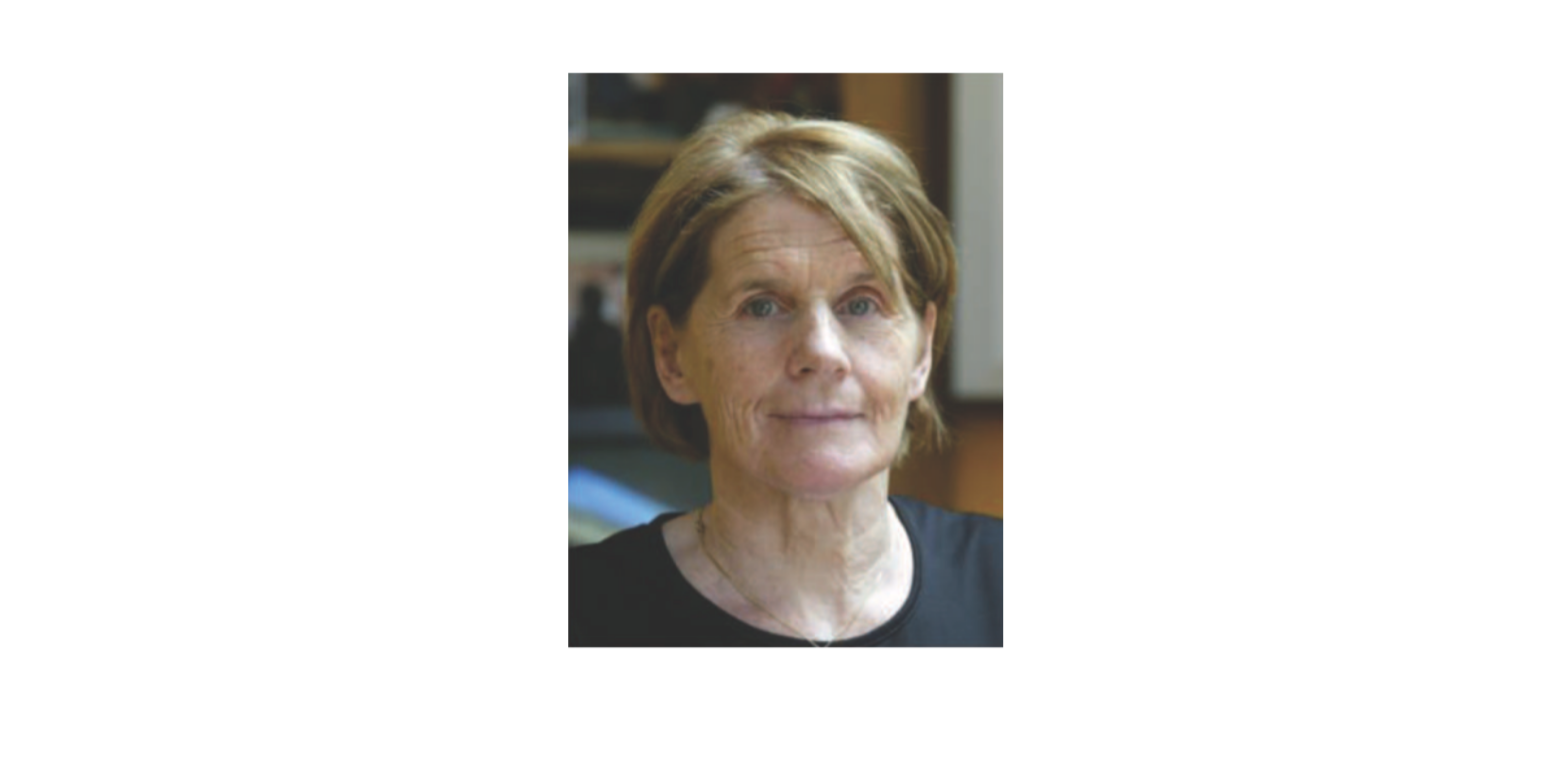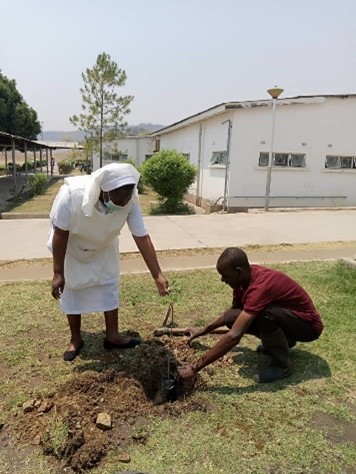
 Many Zambians are anxiously waiting to see the end product of the current Constitution Making Process and are hoping against hope that this end product will truly reflect their desires which are well expressed in the Mungo’mba Draft Constitution. Hence, departure from these desires will certainly mean imposition and will perhaps render the Constitution inadequate.
Many Zambians are anxiously waiting to see the end product of the current Constitution Making Process and are hoping against hope that this end product will truly reflect their desires which are well expressed in the Mungo’mba Draft Constitution. Hence, departure from these desires will certainly mean imposition and will perhaps render the Constitution inadequate.
Among the key issues many Zambians would very much want addressed is the incorporation in the new Bill of Rights of the new Republican Constitution of Economic, Social and Cultural Rights (ESCR). These rights are essential for integral human development especially as they give the right of access to basic needs such as education, health care, a clean environment, proper housing, employment and food, water and sanitation. They also form a strong basis for the realization of another set of rights, the Civil and Political Rights, such as the right to life and the right to vote, provided for in the current Bill of Rights. For example, the right to life definitely depends on the right to access quality health care. Despite their importance, ESCR in the Constitution currently take the form of directive principles to inform government policy; the status which does not oblige government to pay particular attention to the realization of these rights and robs the people of a legal mechanism they can use should these rights be denied.
Discussions on ESCR in the Human Rights Committee of the National Constitutional Conference which began its seating in February and ended in April appeared to have attached great importance to these rights as many ESCR from the Mung’omba Draft Constitution were recommended with few amendments. While this is a step in the right direction, we recognise that these recommendations remain as such if the Plenary does not adopt them. Therefore we strongly urge the Plenary to:
1. reflect deeply on the importance of these rights in raising the standard of living of most Zambians, especially the poor;
2. adopt these rights and ensure that they are in the new Bill of Rights so that citizens have a legal mechanism for claiming their rights (which are entitlements and not promises) should they be denied,
3. ensure that the referendum takes place so that what is in the Constitution is truly reflective of what the Zambian people want.
We realize that a state, regardless of its level of economic development, is obliged to ensure respects for both sets of rights for everyone. This obligation however does not necessarily require that free services are provided but that the state takes concrete and deliberate steps to progressively realize human rights, especially ESCR. Therefore, the question of limited resources while understandably significant, should not be a barrier to the inclusion of ESCR in the Bill of Rights. In fact, the inclusion of these rights should serve as a key incentive to utilising the many natural resources we are endowed with and managing our resources with prudence so that we make available the much needed resources to fulfill ESCR. Failure to include these important rights in the Bill of Rights will be a significant missed opportunity and a sheer waste of resources as the Constitution will remain inadequate.
Sr. Kayula Lesa RSC







